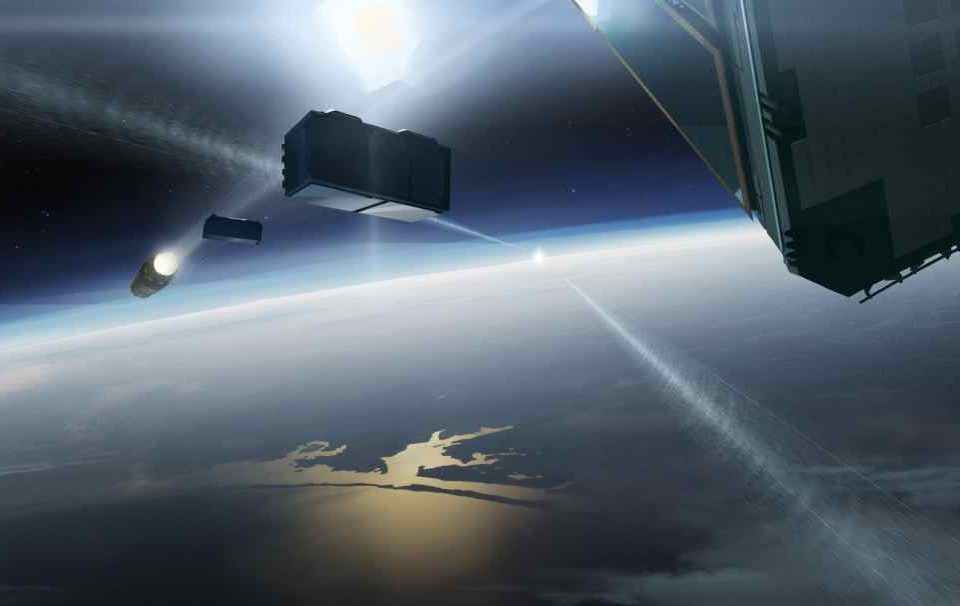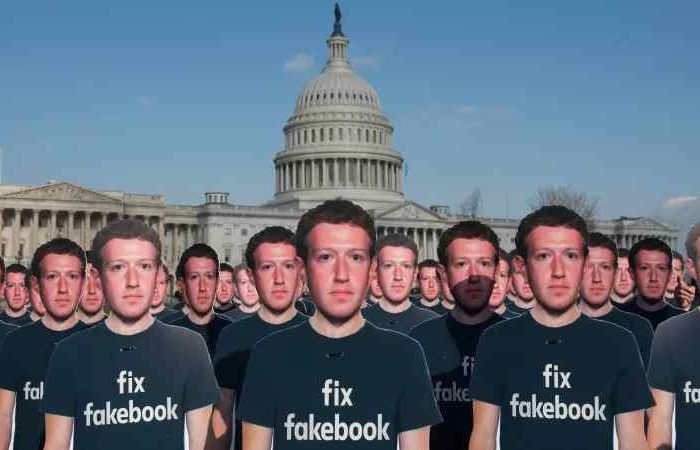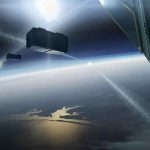Space debris mapping startup LeoLabs raises $13 million in Series A funding from Airbus Ventures, others

LeoLabs, a Silicon Valley-based collision avoidance and space debris mapping services startup, has raised $13 million in a Series A funding to expand its network of next-generation radars for tracking small debris and satellites in low Earth orbit (LEO), and accelerate development of its ground-breaking LEO mapping and SSA platform. The round was led by WERU Investment of Tokyo and Airbus Ventures with participation from Space Angels and Horizons Venture. LeoLabs’ commercial radar network is the first company to address small debris threat.
Founded in 2016 as a venture-funded spinout of Silicon Valley research pioneer, SRI International, LeoLabs provides access to critical mapping and SSA data for low Earth orbit. LeoLabs’ services include collision prevention, risk assessment, constellation monitoring, and SSA. LeoLabs today serves space agencies, commercial satellite operators, defense, and scientific/academic organizations that are driving generational change in LEO. LeoLabs’ core technology includes a patent-pending global phased-array radar network which tracks debris and satellites in LEO. Observations generated from this network inform the LeoLabs platform with timely and accurate orbital and situational data.
Low Earth Orbit is rapidly emerging as the commercial frontier in space. New constellations with thousands of satellites, innovative services from imaging to broadband to IoT, and billions of dollars pouring into LEO all point to a future with unprecedented opportunities. These generational changes are transforming LEO into a dynamic ecosystem shared by governments, space agencies, regulators, commercial operators and risk management firms.
Against this backdrop of growth in LEO is also a new generation of risks, the greatest of which is the threat of space debris. Approximately 250,000 dangerous pieces of orbital debris remain untracked in LEO and threaten satellite constellations. In addition to operational risks, the dramatic increase in traffic constitutes a challenge to traditional SSA and regulatory practices. The long term preservation of the entire LEO ecosystem requires a solution.
“LeoLabs is stepping up to address both the opportunities and risks in LEO,” said Dan Ceperley, LeoLabs CEO. “Our mission is clear: inform, serve and protect LEO. We do this on two fronts, by providing the foundational data for tracking and characterizing objects in LEO, including small debris, and by making this commercial data accessible to the LEO community through our published API and platform. Our funding announcement today is a tangible endorsement of this approach. With LeoLabs, developers and operations professionals can rest assured they have chosen a capable and sustainable platform that is generating the best data available. This is a huge step forward.”
WERU Investments, based in Tokyo, joins LeoLabs in endorsing a global approach to the next wave of LEO growth. “Since our founding two decades ago, WERU pioneered a strategy of investing in frontier technology and applying that to commercial markets,” said Dr. Tadashi Takiguchi, President & CEO of WERU Investment. “LeoLabs’ impressive platform vision and deep radar expertise are perfectly timed to address the space debris problem in LEO. There is a universal need for more data among the global space community, and we believe LeoLabs will play a pivotal role in preserving LEO for future generations.”
“We are excited about LeoLabs’ vision and the progress they’ve made on both the radar network and the SSA platform,” said Julien Etaix, Investment Partner at Airbus Ventures in Menlo Park, California. “As new mega-constellations come online in 2019 and new generations of operational and AI-based tools are required, LeoLabs is well-positioned as the logical foundation to serve all these activities.”

